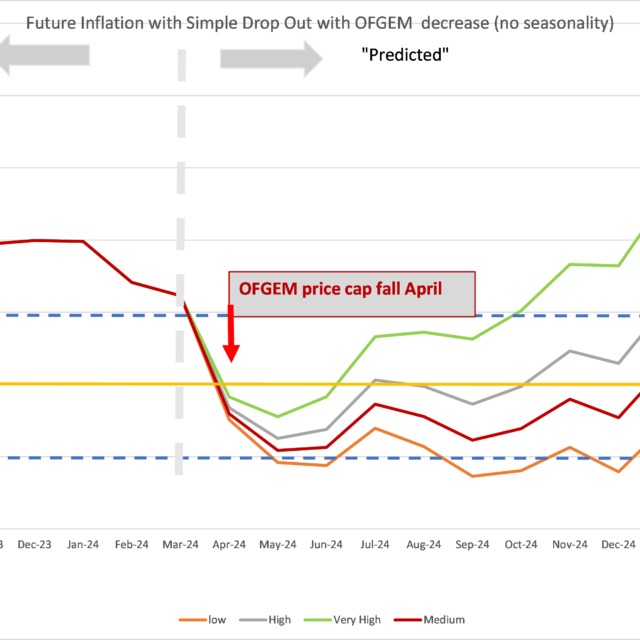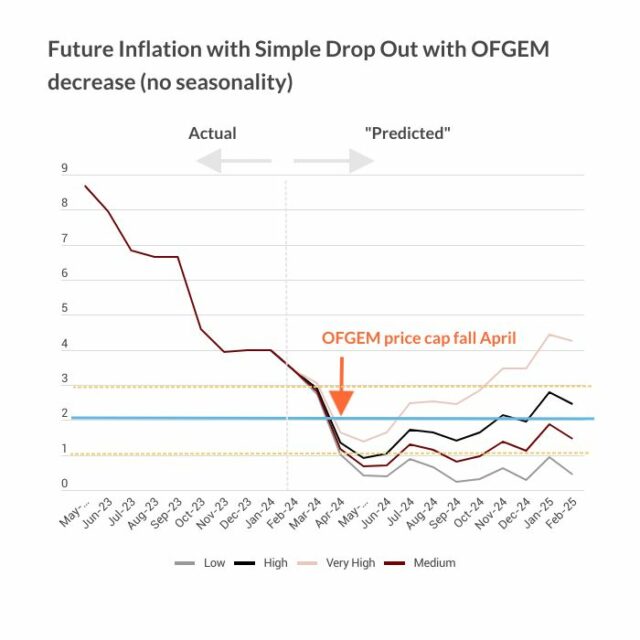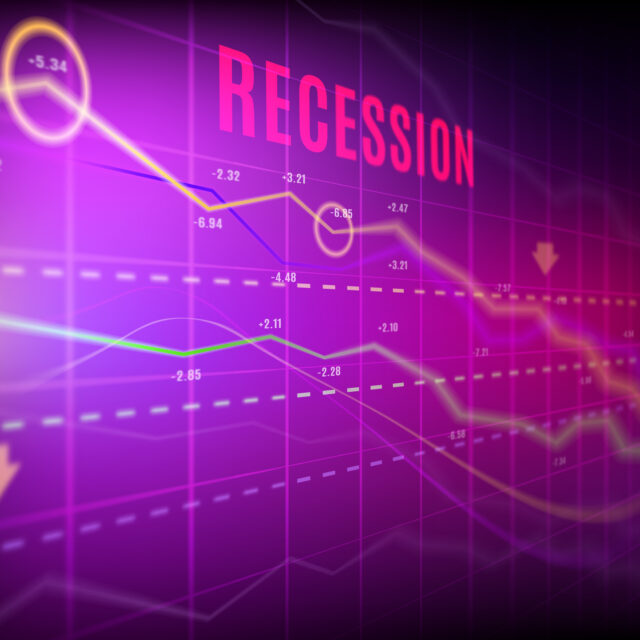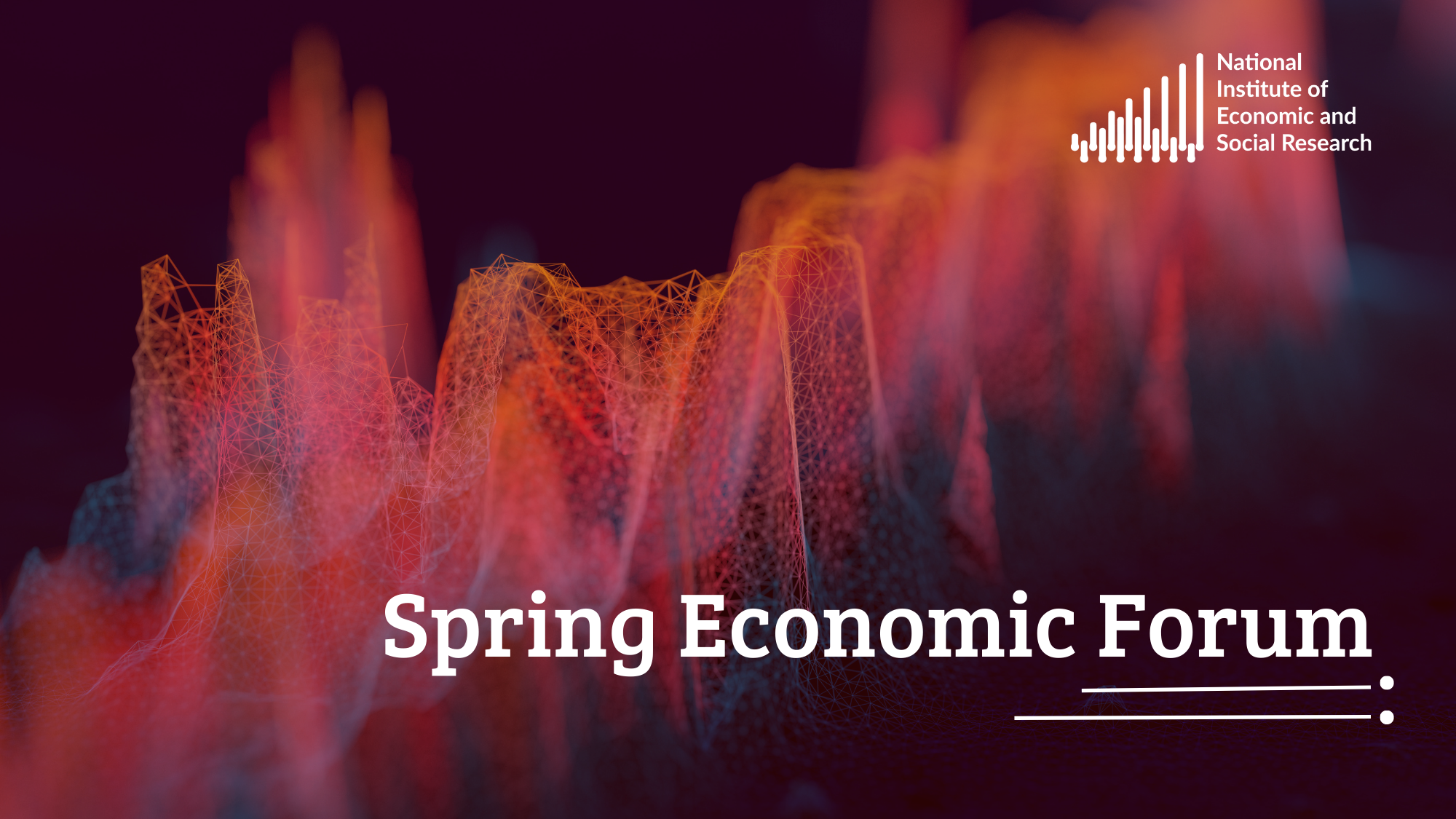UK Wages Expected to Grow by 5.4 Per Cent in Q1
 Pub. Date
Pub. Date
12 March, 2024
 Pub. Type
Pub. Type
Main points
- Pay growth softens, but remains strong by historical standards: The annual growth rate of average weekly earnings, including bonuses, was 5.6 per cent in the three months to January 2024 while pay growth excluding bonuses was 6.1 per cent. These figures indicate that wage growth continued to soften at the start of 2024, after peaking in mid-2023 (Figure 1)
- We forecast wage growth to continue slowing as the labour market continues to cool: With vacancies falling steadily since mid-2022, the vacancy-to-unemployment ratio was 0.7 in the three months to January. If this trend continues and the labour market loosens further, wage growth is likely to slow down to its historical levels in the medium-term. We forecast economy-wide total pay (incl. bonuses) and regular pay to grow by 5.4 and 5.7 per cent in the first quarter of 2024, respectively
- Despite pay growth softening, workers will continue to enjoy some real income gains: Though we expect wage growth to soften over the course of 2024, these pay growth projections are high by historical standards – remaining above the economy-wide total and regular pay growth post-2001 averages of 3.3 and 3.2 per cent. Given recent trends in prices, we can expect workers to continue making real income gains in the coming months, which can be interpreted as a ‘wage catch-up’ period following over a year of real income losses
"Today’s ONS figures indicate that the annual growth rate in average weekly earnings, including bonuses, was 5.6 per cent in the three months to January, and 6.1 per cent excluding bonuses. While these figures remain high by historical standards, allowing households to regain some of the purchasing power lost during the post-Covid period of high inflation, wage growth continues to soften. We expect wage growth returning to historical levels as the labour market continues to loosen, potentially prompting the Bank of England to consider cutting interest rates in the near future."
Paula Bejarano Carbo
Economist, NIESR






















